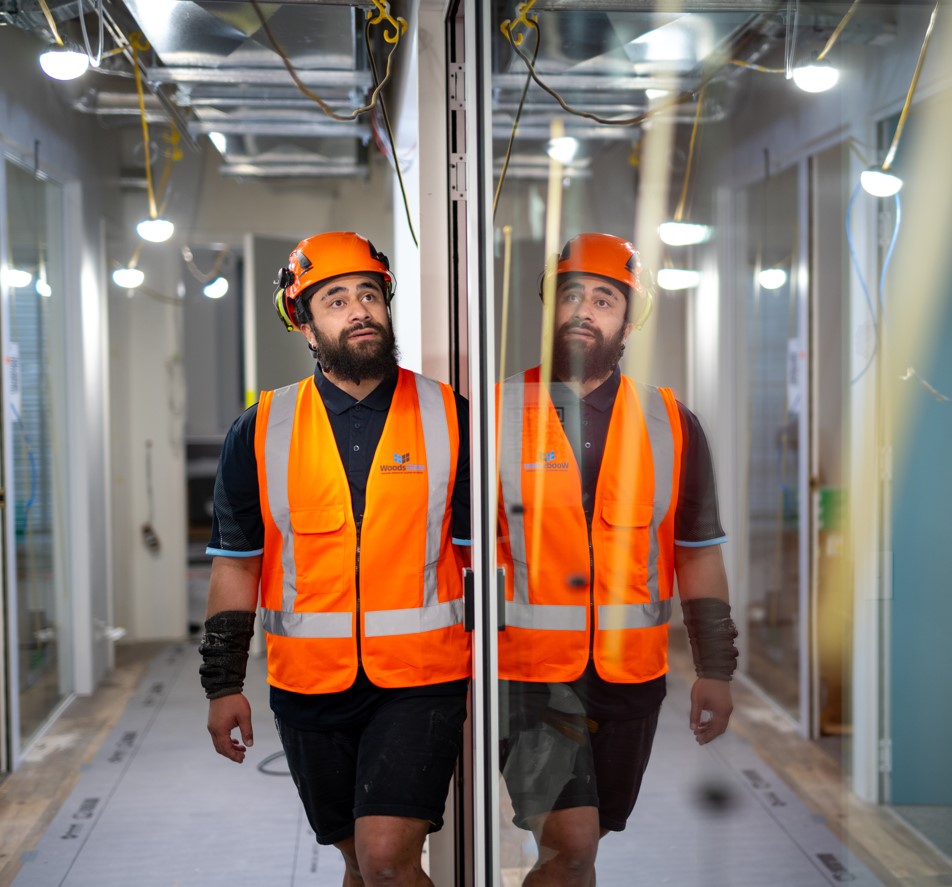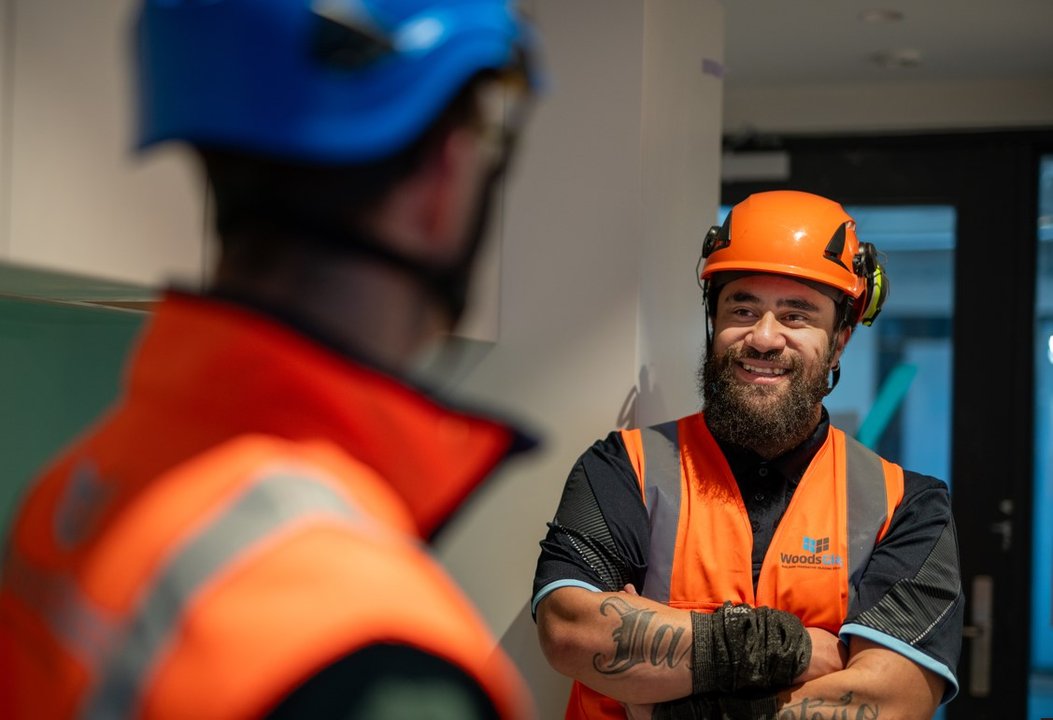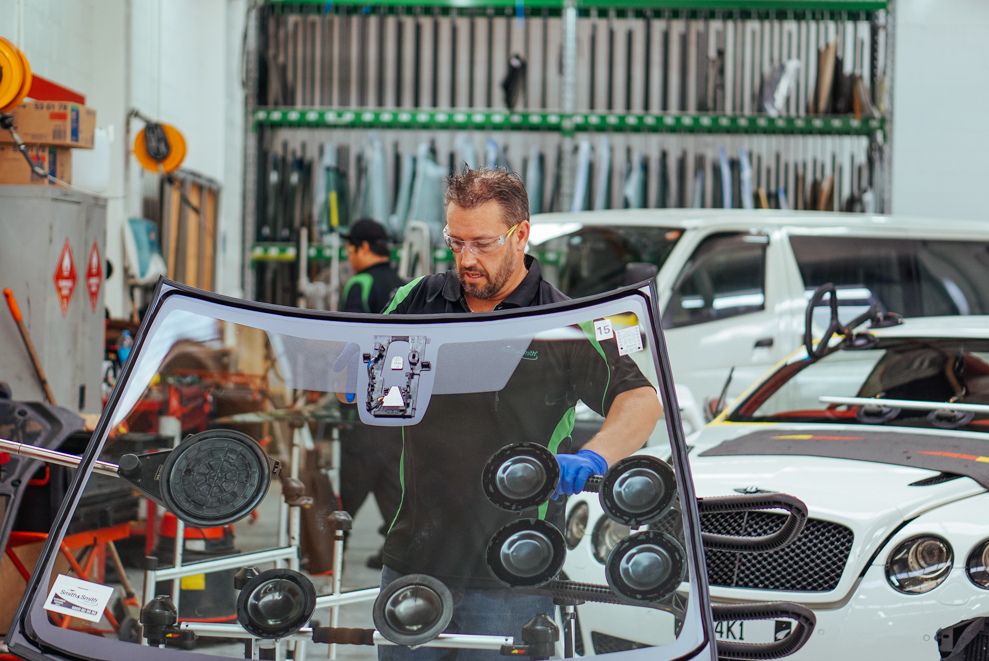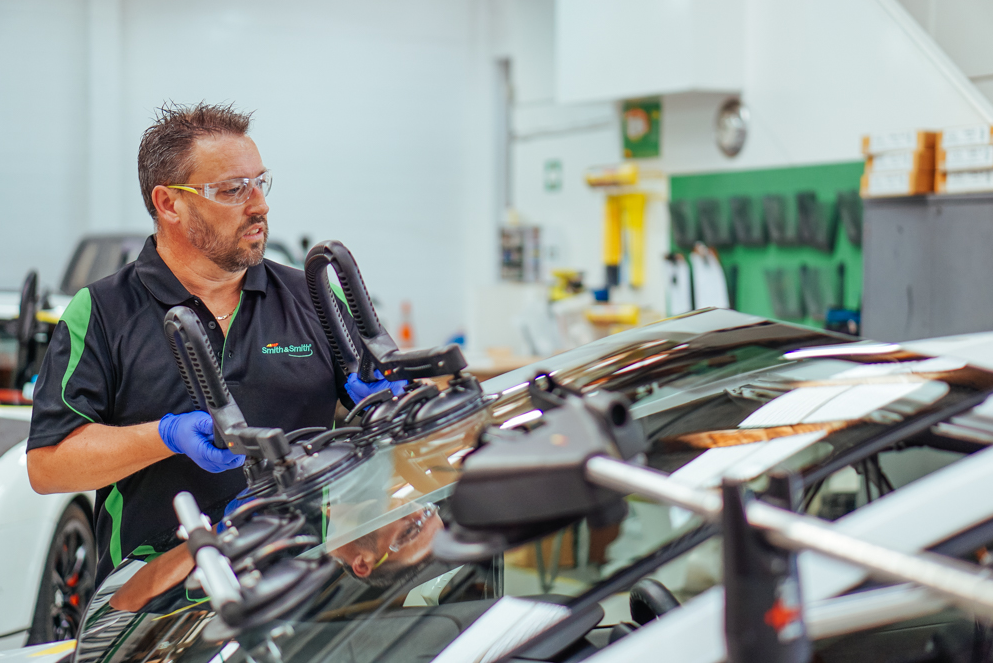
Glass & Glazing
Level 4
1st year $1,803-$1984
2nd+ years $964
Glass and glazing specialists work involves processing and/or installation of glass in the construction or automotive industry.

What glaziers, glass processors & auto glaziers do?
Correctly fitting glass is essential for letting in the right amount of light, framing views correctly, and providing protection from the elements.

What you can specialise in
Glazing
Install glass products and related structures. Understand different types of glass, like toughened glass, solar controlled and specially coated glass and insulation systems. Install glass in timber, metal and PVC frames; or in other parts of buildings, like frameless glass shower doors and screens. Master techniques to cut irregular glass shapes on-site from working drawings.
Glass processing
Prepare and process glass before it is delivered to site for installation. Understand different types of glass, as well as methods like:
- optimising
- cutting
- processing Insulating Glass Units (IGUs)
- notching glass to regular and irregular shapes
- drilling and countersinking
- edgeworking
- manually processing toughened and heat strengthened glass
- the safe loading of glass for transportation.

It's not just a job, it's a professional career
Glass and glazing isn't just a job – it's a professional career. By doing an apprenticeship and getting qualified, you're setting yourself up for ongoing employment as a well-paid tradesperson. You’ll also open up opportunities to do further study in supervision or site management, go to university, or start a business and train your own apprentices.
Glass & glazing qualifications
BCITO manages apprenticeships for glass specialists. In your apprenticeship you will be working towards one of the following qualifications:
You'll work under an experienced glazier, glass processor or auto glazier (your employer), who'll provide you with on-job coaching and support throughout your apprenticeship. You will also have the guidance of a BCITO Training Advisor.
Qualifications may require you to attend block courses for assessment. These come at an additional cost, see pricing here.
There are no strict entry requirements, although it will help if you have good maths and English skills – you need to be able to understand instructions and work out measurements, quantities and angles.
Apprentice Fees
Subject
First Years
Remaining Years
Automotive Reglazing
$1,984
$964
Glazing choose 1 strand (includes L3 cost)*
$1,803
$964
Additional strand(s)
- Commercial
- Frameless
- Residential
$283 each

